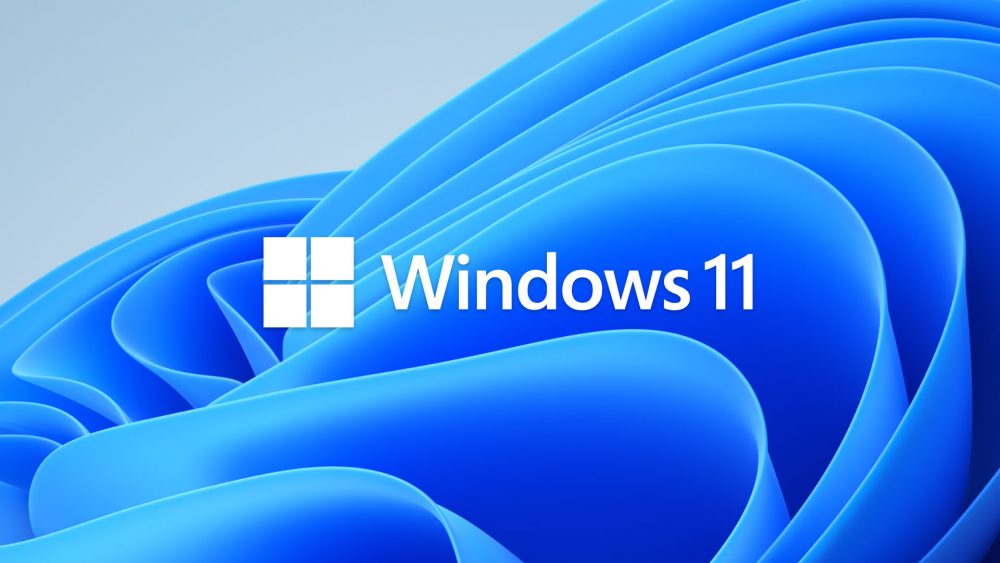Not all Intel 7th generation processors are compatible with Windows 11. The 7th gen Intel processors that are compatible with Windows 11 are:
- Intel i7-7740X
- Intel i7-7820X
- Intel i7-7820HQ
- Intel i7-7800X
- Intel i9-7920X
- Intel i9-7940X
- Intel i9-7960X
- Intel i9-7980XE
This list may change and include more processors at a later date. So, please check Microsoft’s compatible CPU list from this link – https://docs.microsoft.com/en-us/windows-hardware/design/minimum/supported/windows-11-supported-intel-processors
One of my systems that is less than 3 years old is an Intel 7th generation. It has an i3-7100 processor, and is marked as non-supported for Windows 11 by Microsoft. The last update on this system was 21H1, which is a feature update for Windows 10 based systems. All other checks by the PC Health Check app are positive and compatible with Windows 11. This includes the TPM 2.0 and Secure boot.

One thing that I did note is that the Windows update mentioned that the device is not compatible with Windows 11.
- And, when I checked the Control Panel —> System —-> Device Security, I get a note on my Windows 10 system that states – Standard hardware security not supported.
- UEFI is enabled, secure boot is supported, TPM 2.0 is supported. So, I am guessing that this has got to be some sort of a security issue with the Intel 7th generation chipset.
- Does this mean that Intel can release a patch to bolster hardware based security and help make the Intel i3-7100 compatible with Windows 11? Or, could it be one of the driver software that do not conform to the hardware security standards required by Windows 11?
I am guessing that the larger issue of Intel 7th generation processors’ incompatibility with Windows 11 is on account of Intel’s software that does not offer the hardware security benchmarks required by Windows 11 for flawless functioning. It their own tests, Microsoft mentioned that systems and processors that were incompatible with Windows 11 reported a crash rate of 52% when Windows 11 was install on such systems. This also provides me a clue that I can update Windows 10 to Windows 11 on an unsupported system. I may experience a higher crash rate. But, I am willing to take the bait and see if updating Windows 10 to Windows 11 on an unsupported PC causes any issues to my working.
Things seem to be unclear. While on Windows 10 on a system that is not supported for Windows 11, I am able to download the latest Windows 11 build version 22449.100 (rs_prerelease).
Alongside this download, I also get new driver files for
- Intel chipset display driver -26.20.100.7156 and an,
- Intel chipset for the System – 7/18/1968. (do not be alarmed by the date. This is Intel’s system software file)
- On a similar note, I also get the Realtek – Net – 10.36.701.2019. Together with Windows 11 build, I downloaded these 3 driver and system update files.
Getting the 22449.1000 build of Windows 11 is a time consuming task. So, please ensure you have enough charge on your laptop battery.
I was able to get the Windows 11 Build 22449 running on an Intel 7th generation processor. This notebook is from HP. It has been marked as a notebook with inadequate hardware security. I did not install the update through the ISO image. I actually let the update happen through the Insider Program of Microsoft.
Understandably, this Windows 11 build upgrade may turn out to be unsupported by Microsoft as the company may deny the updates for the system through Windows Update. I still have 10 days to Go-back to Windows 10. For the next week or so, I will test the Windows 11 build 22449 on this incompatible PC and share an update.
If you choose to participate in Windows Insider Program and upgrade your Windows 10 install with the latest build of Windows 11, do make sure that you know the following 2 things:
- You will have 10 days to go-back to the Windows 10.
- In future, you may not get Windows 11 updates through Windows Updates. I have a gut feeling though, that Microsoft will play a secret Santa and let the Windows 10 system have updates from the Windows Update as we progress ahead. This is for unsupported or incompatible PCs.
I will also like to know more about whether Intel could do something to get the 7th generation Intel processors to comply with the Microsoft’s requirements on Windows 11.
Rajesh Dhawan is a technology professional who loves to write about Cyber-security events and stories, Cloud computing and Microsoft technologies. He loves to break complex problems into manageable chunks of meaningful information.